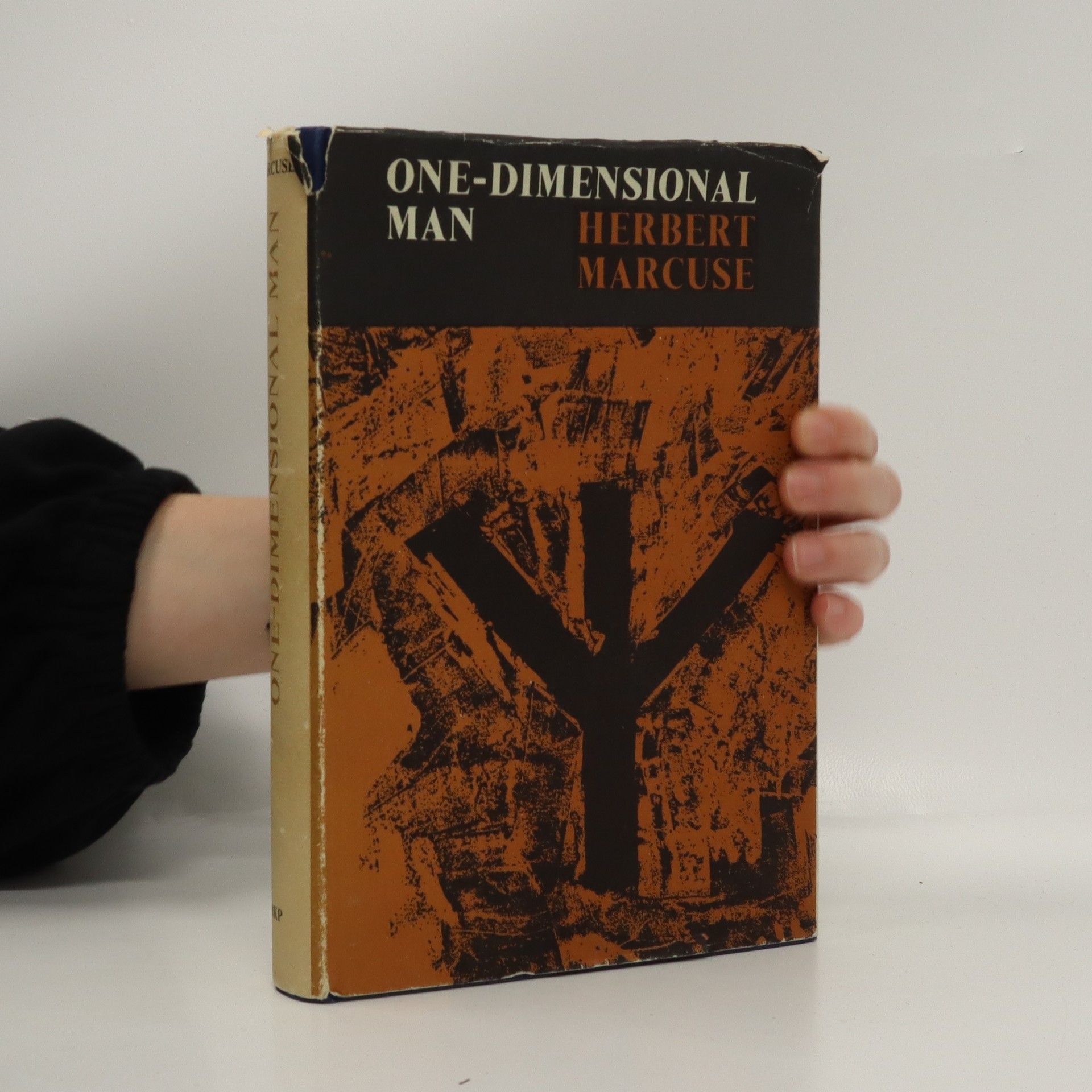Media Culture
Cultural Studies, Identity, and Politics in the Contemporary Moment
- 326pages
- 12 heures de lecture
Kellner examines the pervasive influence of mediated culture as the primary force shaping socialization and impacting various aspects of life, including the economy and politics. This updated edition of a classic text in media and cultural studies delves into how media serves as a crucial player in contemporary society, highlighting its significance in cultural and social interactions.


